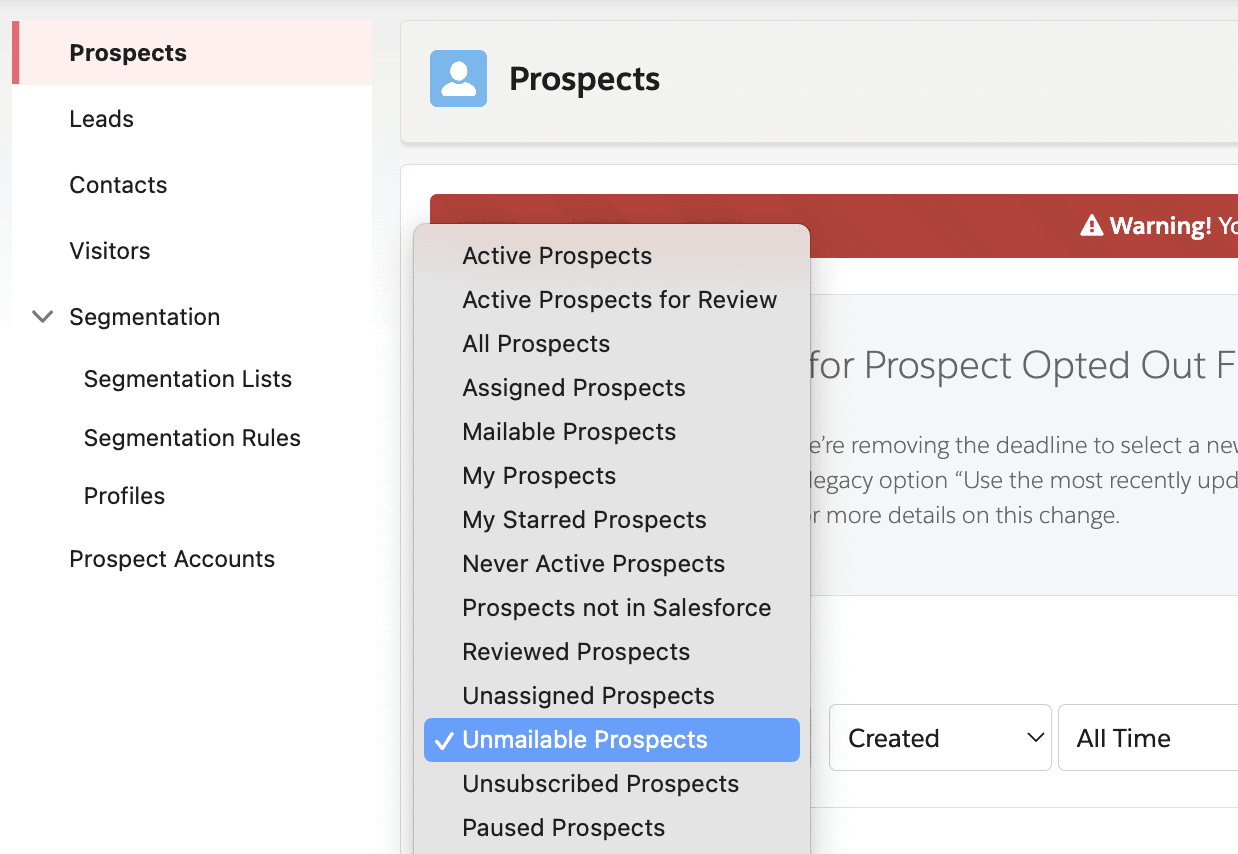Case Study: My Role in Tiger Facility Services: A Personal Reflection
Product Marketing Manager: Transforming Strategy with Salesforce Marketing Cloud
"Success happens when preparation meets opportunity." That idea truly defines my experience as a Product Marketing Manager at Tiger Facility Services. When I stepped into the role, I was ready for a challenge—and with Salesforce Marketing Cloud, we found the perfect tool to fuel our growth.
Bringing Salesforce Admin Skills to Marketing
Before moving into marketing, I worked as a Salesforce Administrator, which gave me a head start when I started using Salesforce Marketing Cloud. That background made it easier to dive into the technical side of things, from automating customer journeys to analyzing campaign data. Having that knowledge saved time, helped me make decisions faster, and improved how we ran marketing campaigns.
Salesforce Marketing Cloud is more than just sending out emails—it’s about crafting meaningful experiences for customers. And because I already understood the technical side of Salesforce, I could jump right in. I was able to set up integrations, streamline workflows, and make sure data was used in a way that drove real results.
Rebranding: A Digital-First Approach
One of the biggest projects I worked on was the rebranding of Book A Tiger to Tiger Facility Services. It wasn’t just a name change; we took the chance to refresh how we communicated with customers digitally. From email marketing to our customer portals, the goal was to ensure the new brand came through clearly, no matter where people interacted with us.
Marketing Cloud played a huge part in making that happen. By using automation and smart content targeting, we made sure the right message reached the right audience. It saved us time and resources while ensuring consistency across channels.
Automation: Boosting Efficiency and Engagement
Setting up automated marketing campaigns was a game-changer. It wasn’t just about cutting down on manual work—it let us deliver personalized content based on real customer behavior. For example, we created upsell campaigns that were automatically triggered when customers completed certain actions, like booking a service. These campaigns led to a big bump in conversion rates and helped us build stronger relationships with customers.
We weren’t just saving time—we were making our communications more relevant and valuable to our audience.
Data-Driven Decisions for Better Outcomes
Another key part of my role was building out a solid system to track and measure our marketing efforts. Salesforce Marketing Cloud gave us the tools to monitor everything in real time, from open rates to conversion rates. This let us tweak our campaigns on the fly, ensuring we were always moving in the right direction.
Having this data at our fingertips meant we didn’t have to guess what was working. Instead, we made decisions backed by real insights, which ultimately led to better results and more efficient campaigns.
Personalization at Scale
What really made a difference was how we were able to scale our efforts without losing the personal touch. With Marketing Cloud, we could tailor messages to individual customers without creating separate campaigns for each group. This became especially important as we expanded into new European markets. We were able to localize our content and maintain relevance while keeping everything efficient.
Real Results
By the time we fully transitioned to Tiger Facility Services, the impact of our automated campaigns was clear. One of our standout achievements was an upsell campaign that boosted service bookings by 25% in just a few months. This success wasn’t a one-off—it became our blueprint for how we approached future customer engagement.
Lessons for Success
Looking back, being a Product Marketing Manager taught me that success is a mix of creativity and using the right tools. Marketing today isn’t just about clever messaging; it’s about using data and platforms like Salesforce Marketing Cloud to create real, personalized connections with customers.
If you’re in a similar role, here are a few takeaways:
Use your technical skills: If you’ve got experience with tools like Salesforce, don’t shy away from the technical side. It’ll help you get more out of your marketing platforms.
Personalize efficiently: Make sure your campaigns speak directly to your audience, but don’t burn out by creating endless versions. Use automation and dynamic content to do the heavy lifting.
Measure everything: Set up a system to track the success of your campaigns. It’ll save you time in the long run and give you the confidence to make smarter decisions.
Product marketing is fast-paced, but with the right mindset and tools, you can stay ahead and make a real difference.


